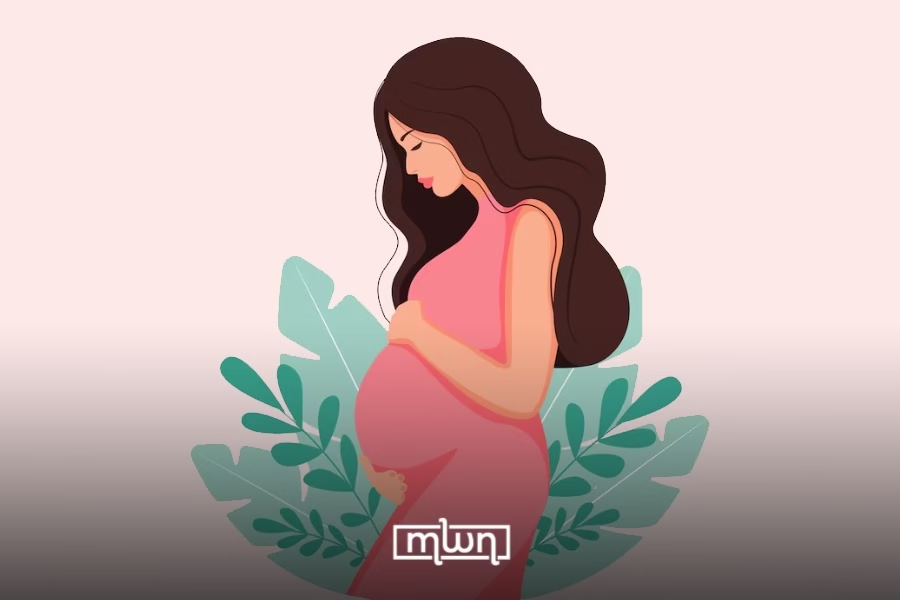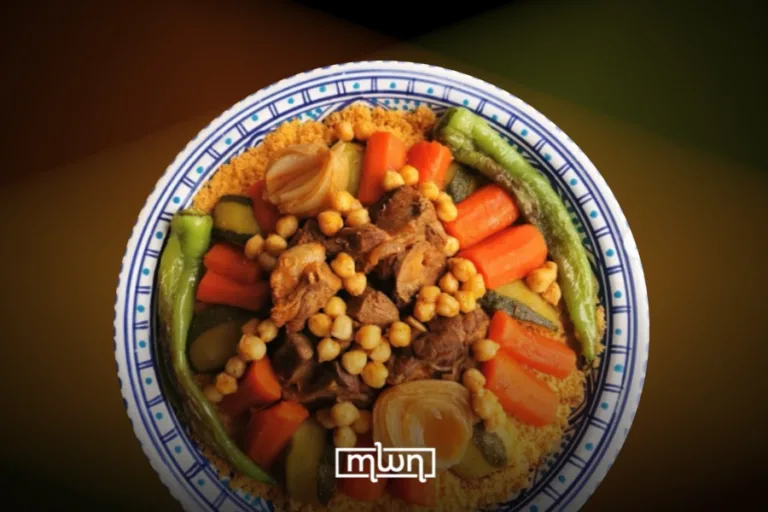Ever wondered why pregnancy brings about unusual food cravings? Let’s delve into it
Fez – Pregnancy cravings: Those sudden, intense desires for specific foods are a hallmark of the expectant journey, affecting a significant majority of pregnant women.
From the classic pickles and ice cream duo to more unconventional combinations, these cravings have sparked curiosity and numerous theories.
Let’s delve into the science behind pregnancy cravings to separate fact from fiction.
Hormonal fluctuations: The internal culprits
During pregnancy, the body undergoes substantial hormonal changes. Elevated levels of estrogen and progesterone can heighten the sensitivity of taste buds, making certain flavors more appealing.
Additionally, these hormonal shifts can influence the brain’s reward system, increasing the release of dopamine: a neurotransmitter associated with pleasure, which may intensify the enjoyment derived from specific foods.
Nutritional deficiencies
Some experts suggest that cravings may be the body’s intuitive way of signaling nutrient deficiencies.
For instance, a yearning for red meat might indicate a need for more iron, essential for increased blood production during pregnancy.
Similarly, cravings for dairy products could reflect a calcium deficiency, vital for fetal bone development.
However, it’s important to approach this theory with caution, as not all cravings are directly linked to nutritional needs.
Psychological and cultural influences
Cravings aren’t solely a product of biology; psychological and cultural factors play significant roles.
In many cultures, there’s an expectation that pregnant women will experience cravings, potentially shaping their experiences.
Moreover, pregnancy can be a stressful time, and some women may turn to specific comfort foods as a coping mechanism, reinforcing certain cravings.
The Pica phenomenon: When cravings turn unusual
In some cases, pregnant women develop cravings for non-food items like ice, dirt, or starch, a condition known as pica.
This behavior can be indicative of underlying nutritional deficiencies, such as iron deficiency anemia, and poses potential health risks.
It’s crucial for expectant mothers experiencing such cravings to consult healthcare providers for proper assessment and guidance.
While indulging in cravings is often harmless, moderation is key. Opting for healthier alternatives can satisfy cravings without compromising nutritional intake.
For example, if sweets are calling, choosing fresh fruits over processed candies can be a nutritious compromise.
Maintaining a balanced diet rich in essential nutrients supports both maternal and fetal health. citeturn0news13
Debunking common myths
It’s essential to address prevalent misconceptions:
Cravings predict baby’s gender: There’s no scientific evidence linking specific cravings to the baby’s sex.
All pregnant women experience cravings: While common, not every expectant mother will have cravings; some may even develop food aversions.
Cravings are an excuse for unhealthy eating: While it’s tempting to indulge, it’s important to make nutritious choices for the health of both the mother and baby.
In essence, pregnancy cravings are a multifaceted phenomenon influenced by hormonal changes, nutritional needs, and psychological factors.
Understanding the underlying causes can empower expectant mothers to manage their cravings effectively, ensuring a healthy and enjoyable pregnancy journey.
Read also: Inside Morocco’s Buzzing Bee Museum
















